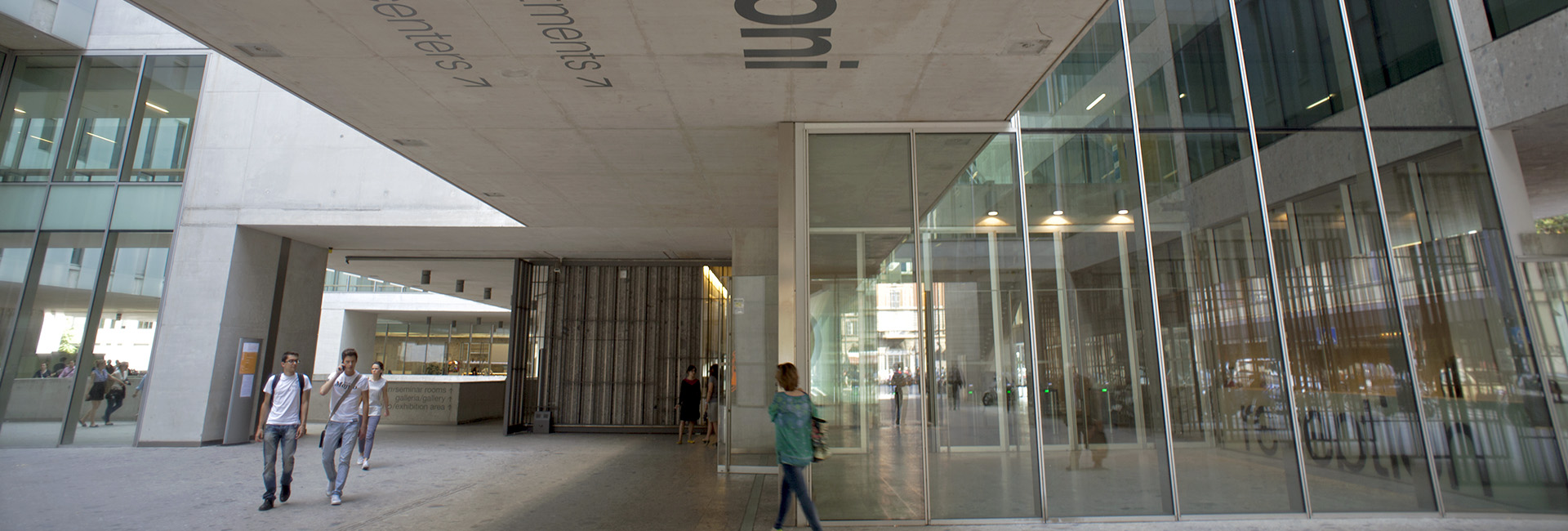0601 - ECONOMIA POLITICA (CORSO PROGREDITO) (THE ITALIAN ECONOMY AND ITS INTERNATIONAL SETTING) (INSEGNAMENTO IN LINGUA INGLESE)
DA DEFINIRE
Presentazione generale del corso:
I Semester
The aim of the course is to provide students with an understanding of the Italian economy, its peculiarities and similarities relative to the other industrialised countries, especially the European ones. Special emphasis is given to the structure of the economic system and to economic policy. However, some information concerning the country institutions and its political system will also be provided.
II Semester
The aim of the course is to get a broad picture of the main issues currently at stake in the Italian and European economic policy, linking the Italian experience to the main achievements and evolutions of the European Union, of which Italy is a founding Member State. Ideally, at the end of the course, you should have a broad understanding of the Italian and European economy, being able to draw future scenarios of possible institutional and economic developments. Special guests from the European Institutions will intervene in class in order to analyse in depth specific arguments.
Programma del corso:
I semester
The course is conceptually divided into two parts:
- A broad overview of the economic structure and macroeconomic performance of the Italian economy vis-a'-vis its industrial partners.
- A deeper analysis of a number of selected topics concerning the main economic problems currently faced by the Italian economy. These include:
- The North-South dualism. The structure of the labour market.
- The structure of the labour market.
- Tax evasion and the underground economy.
- The dynamics of Government deficit and public debt.
- The structure of the financial system.
- Position within the European Economic and Monetary Union.
A summary of Italian and European economic history (1945-1985): facts and figures on Italy and its European counterparts.
The last decade: the Italian political crisis (1985-1994) and beyond.
The EU Single Market and the working of European Institutions.
- Italy and the road to Economic and Monetary Union (1994-1999).
- Corporate Governance and Privatisation in Italy.
- Regional disparities in the European Union: the case of Italian Mezzogiorno and Agenda 2000.
- The EU Enlargement: institutional and financial implications.
- The multilateral picture: the WTO and the evolution of international trade in the Italian perspective.
- Future possible developments of European and Italian economic policies.
Testi d'esame:
I semester
- Italy, Annual Country Profiles, The Economist Intelligence Unit, latest report.
- The Economic and Financial Situation in Italy, European Economy, n. 1, 1993.
- Italy, OECD Economic Studies, 1995-1996.
- H. M. SCOBIE, S. MORTALI, S. PERSAUD, P. DOCILE, The Italian Economy in the 1990s, Routledge, London, 1996.
II semester
- Italy: Annual country profiles, The Economist Intelligence Unit.
- D. SASSOON, Contemporary Italy: Economy, Society and Politics since 1945, Longman, London, 1997.
Prove d'esame:
I semester
The final exam is a written one. Alternative forms of examination, such as class presentations by groups of students, may complement or substitute the final exam.
II semester
Final written exam. Class seminars presented by group of students and class participation complement the grade achieved in the final exam.





